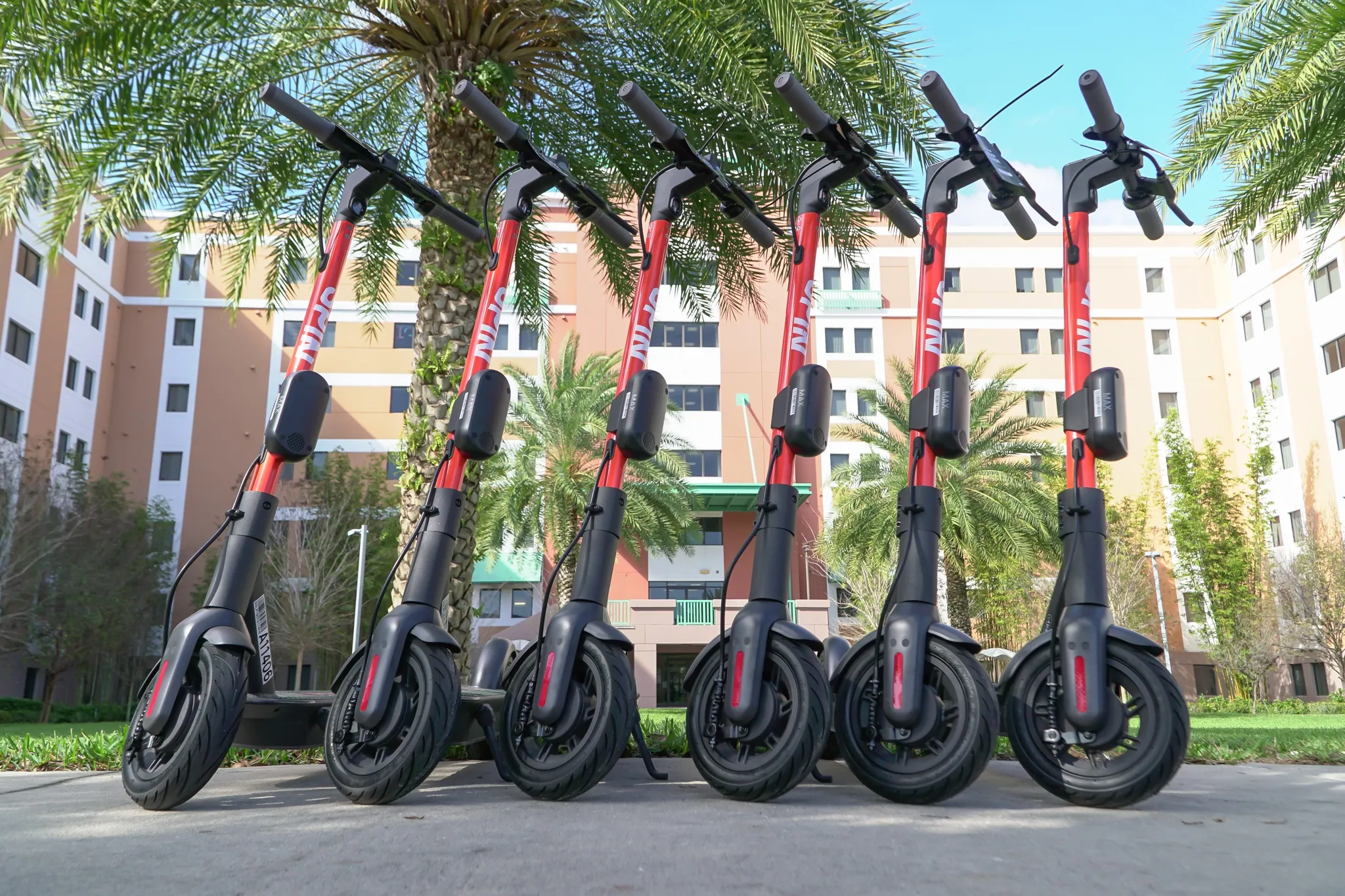
The general public - at least in the UK - still has very little awareness of e-scooter safety and regulations.
That was among the main points at a roundtable event to mark a year of e-scooter operation by Spin in the UK, which posed the question: how can road users coexist safely?
David Walker of The Royal Society for the Prevention of Accidents said this ignorance was "completely understandable" since "we are in an inflection point" where micromobility services are becoming more common.
Alice Friedman, Spin's senior manager of safety policy, pointed out: "The scooter industry as a whole hasn't celebrated its five-year anniversary."
Yet while there is still ignorance, speakers pointed to the positives which had emerged from 12 months of activity.
Walker said that, while there had been collisions involving e-scooters, that "pales into insignificance next to the harm from car travel".
"Car-related deaths will be reduced by a positive shift to another mode," he said, adding: "This is about increased choice for people."
Tracey Vickers of Essex County Council, in whose jurisdiction some of Spin's government-approved trial has taken place, said that it was not yet possible to quantify carbon reduction but that half a million rides suggested that at least some car journeys had been replaced.
And they are not just being used by "teenagers scooting round the park", she said. Rather, the council looked upon them as "being part of an integrated transport solution".
"Mobility hubs are going to be important," Vickers added.
There have been teething problems. For example, Spin has needed to respond to complaints about abandoned scooters, says Steve Pyer, the firm's country manager UK & Ireland.
He admits that the problem of pavement blocking 'hasn't gone away completely' but says that to reduce the chance of street clutter, the company has put 'no parking' zones into its app - these could be physical docks or just prescribed areas on the ground denoted by the Spin logo.
"There must be a balance between user accessibility and the safety of people on pavements and roads," said Peter Blackman, chair of Essex E-scooter Trial Access Group. This was particularly the case with visually-impaired pedestrians, he added.
Spin has worked with non-profit organisation London Vision to educate e-scooter riders on etiquette to help protect blind or low-vision pedestrians in the UK.
Vickers thought that scooters had the potential to benefit everybody, "challenging preconceptions around demographics", including for people in deprived areas or who did not own a car.
"It's for everybody: we can really use it to rethink transport solutions," she concluded.










